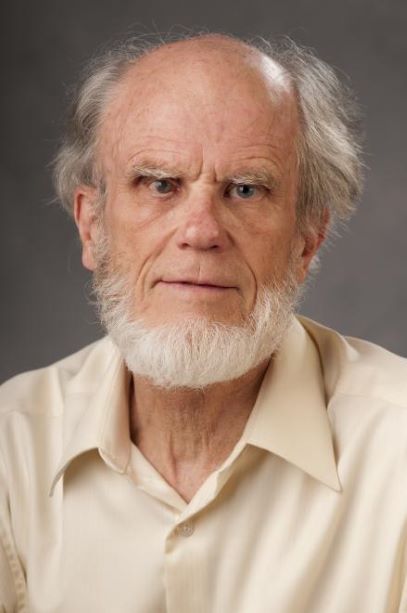David Robinson
Michigan State University, Fula Language Team Leader

- Title Michigan State University, Fula Language Team Leader
For four decades, Professor David Robinson taught African history at Yale and Michigan State University, devoting special attention to francophone West Africa and Muslim societies in the 18ththrough the 20th centuries. His main research has been on Senegal and Mali, resulting in a study of resistance and some collaboration with French expansion along the Senegal River (Chiefs and Clerics. Abdul Bokar Kan and the History of Futa Toro, Oxford 1975), a study of a jihad of the sword waged by largely Fulbe Muslims from Senegal against the Bamana societies of Mali (The Holy War of Umar Tal, Oxford, 1985), and a study of the relationships developed between leading Sufi authorities and the French in turn of the century Senegal and Mauritania (Paths of Accommodation: Muslim Societies and French Colonial Authorities in Senegal and Mauritania, Ohio UP, 2000). More recently he published a general study of Islam in Africa, Muslim Societies in African History (Cambridge, 2004). Three of these volumes have also been published in French editions.
Along the way he has collaborated with a number of French students of Islam, most particularly Jean-Louis Triaud of Aix-en-Provence, and they have edited two important volumes on Islam in francophone West Africa (Le Temps des Marabouts, Karthala editions, 1997, and La Tijaniyya, Karthala editions, 2000). He has also published several other works with collaborators: Sources of the African Past (Heinemann, 1979) with Douglas K Smith; The Islamic Regime of Fuuta Tooro (African Studies Center, MSU) with Moustapha Kane; and After the Jihad: the Reign of Ahmad al-Kabir in the Western Sudan (MSU Press, 1991) with John Hanson.
He has worked extensively with Matrix, the Center for the Digital Humanities and Social Science located at Michigan State, over the last 20 years on digital libraries composed of archival and oral materials, for researchers, teachers and students of the field. This work has been supported by the National Science Foundation and the NEH. The current NEH project on ‘ajami literatures of West Africa was preceded by two unsuccessful applications to NEH.